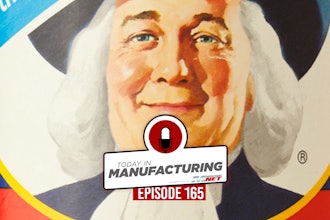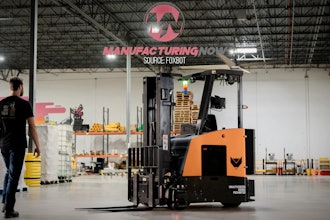We may have forgotten about the supply-chain debacle inflicted by the infamous ship that became trapped in the Suez Canal this past spring, but those manufacturers with goods aboard haven’t.
Companies with products aboard the Ever Given in March are still awaiting their goods. And while the cargo ship may not be immobilized, those companies continue to sit in limbo — with their products and money hanging in the balance.
An Egyptian court impounded the Ever Given following the filing of a $916 million compensation claim by the Suez Canal Authority against the ship’s owner. As a result, the ship is stuck once again, but this time, it’s trapped in the Great Bitter Lake amid the legal battle.
Unfortunately, the waiting might not be the worst of it. According to a report by CNN Business, companies such as IKEA, Lenovo, Snuggy and many more may also have to pay to settle the financial obligations of the ship due to an ancient maritime law principle called “General Average.”
“General Average” requires all parties involved in a voyage to share the costs in the event of a loss. This maritime law isn’t exactly new: the idea is over a thousand years old. The law was first officially codified in 1890 by Phoenix Risks Services.
The intended purpose, however, seems to be instances when ships are forced to jettison cargo in order to save the ship and the crew.
Jai Sharma, the head of cargo casualty at Clyde & Co., said, "If somebody incurs an extraordinary expense for the common good, then everybody is asked to contribute to it.”
For now, the companies are excluded from negotiations regarding the release of their products — which have a total value of $600 to $700 million.






















